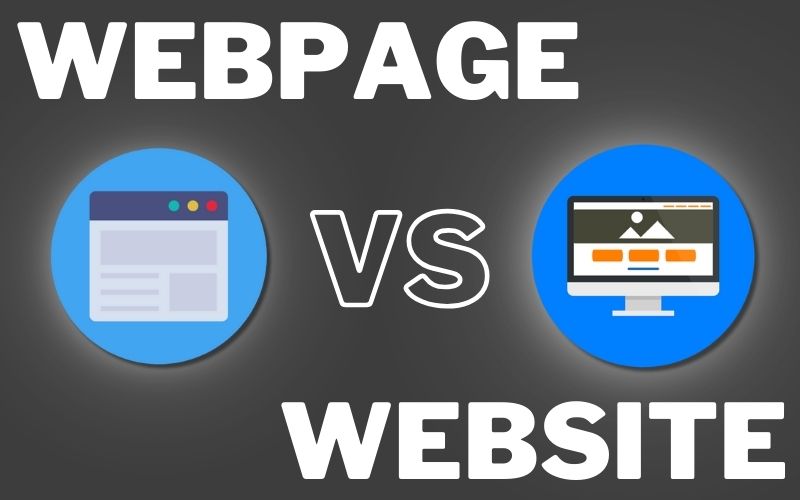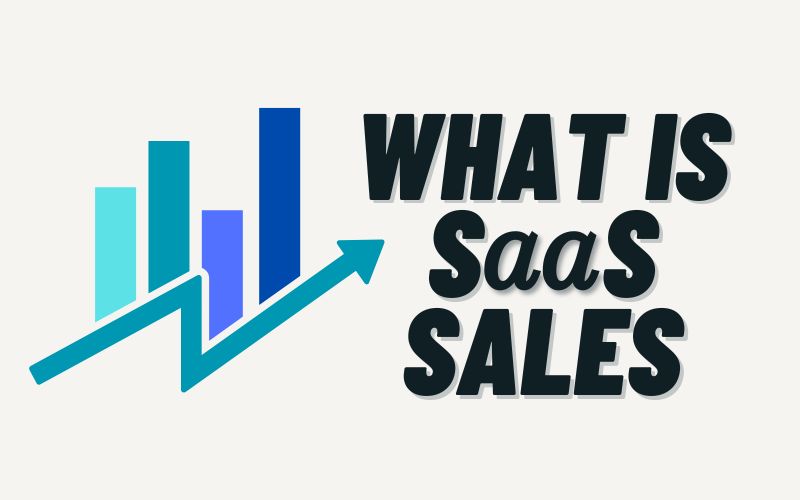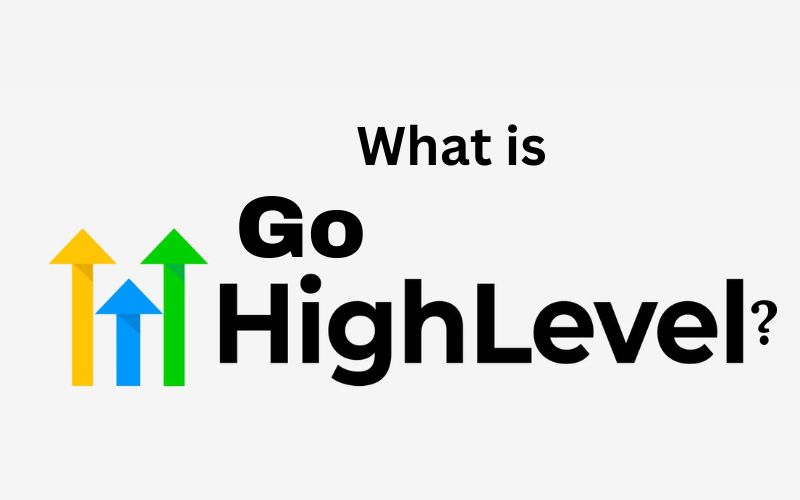Websites are the digital face of your brand, and they play a crucial role in attracting and engaging customers. But how much do you know about websites and webpages, and how they differ from each other? In this article, we will explore some of the latest website statistics and trends, and how they can help you improve your online presence. And also the difference between website and webpage.
What is a Website?
A website is a collection of webpages that are linked together and hosted on a server. It can have a domain name, such as www.example.com, that identifies it on the internet. A website can have various purposes, such as providing information, selling products, offering services, or entertaining users.
What is a Webpage?
A webpage is a single document that can be viewed on a web browser, such as Chrome, Firefox, or Safari. It can have a URL, such as www.example.com/page1.html, that specifies its location on the internet. A webpage can have various elements, such as text, images, videos, audio, links, or forms.
Now starting the difference between website and webpage.
How Many Websites and Webpages are There?
According to Hosting Tribunal, there are approximately 2 billion websites on the internet in 2024. However, only around 400 million of them are active, meaning they are regularly updated and visited. The other 80% are inactive, meaning they are outdated, abandoned, or unused.
The number of webpages on the internet is much harder to estimate, as they are constantly changing and growing. However, according to WorldWideWebSize, there are about 6.7 billion indexed webpages on the internet in 2024. This means that these webpages are searchable by search engines, such as Google or Bing. However, there are also many webpages that are not indexed, such as those that are password-protected, hidden, or deleted.
What are the Types of Websites and Webpages?
Websites and webpages can be classified into different types, depending on their content, functionality, and design. Some of the most common types of websites and webpages are:
#1- Static websites and webpages:
These are websites and webpages that have fixed content that does not change. They are usually created using HTML, CSS, and JavaScript, and they are easy to develop and maintain. However, they are not very interactive or dynamic, and they may not be suitable for complex or frequently updated content. Examples of static websites and webpages are portfolios, resumes, brochures, or landing pages.
#2- Dynamic websites and webpages
These are websites and webpages that have content that changes based on user input, time, location, or other factors. They are usually created using server-side languages, such as PHP, ASP, or Python, and they are more interactive and flexible. However, they are also more difficult to develop and maintain, and they may require more resources and security. Examples of dynamic websites and webpages are e-commerce, social media, blogs, or forums.
#3- Responsive websites and webpages
These are websites and webpages that have content that adapts to different screen sizes and devices, such as desktops, laptops, tablets, or smartphones. They are usually created using HTML, CSS, and JavaScript, and they are designed to provide a consistent and optimal user experience across different platforms. However, they are also more complex and challenging to design and test, and they may require more bandwidth and loading time. Examples of responsive websites and webpages are news, magazines, or educational sites.
What are the Latest Website Statistics and Trends?
Websites and webpages are constantly evolving and improving, and it is important to stay updated on the latest website statistics and trends. Here are some of the most relevant and interesting website statistics and trends for 2024:
1- Website design
According to WebFX, first impressions of a website are 94% design-related, and it only takes 50 milliseconds for users to form an opinion of a website. Moreover, 48% of people said that web design was the number one way they determine the credibility of a business, according to Blogging Wizard. Therefore, website design is crucial for attracting and retaining customers, and it should be appealing, professional, and user-friendly.
2- Website traffic
According to Statista, over 50% of all website traffic comes from mobile devices, and this percentage is expected to increase in the future. Moreover, according to HubSpot, organic search accounts for 53% of all website traffic, followed by paid search (15%), social media (12%), and email (9%). Therefore, website traffic is influenced by various factors, such as device, channel, and source, and it should be optimized for different scenarios and audiences.
3- Website usability
According to WebFX, 88% of online consumers are less likely to return to a website after a bad experience, and 39% of people will stop engaging with a website if the images won’t load or take too long to load. Moreover, according to Crazy Egg, 70% of online businesses fail because of bad usability, and 79% of users who don’t like what they find on a website will go back and search for another site. Therefore, website usability is essential for satisfying and converting customers, and it should be fast, easy, and intuitive.
Conclusion
Websites and webpages are the digital face of your brand, and they play a crucial role in attracting and engaging customers. In this article, we have explored some of the latest website statistics and trends, and difference between website and webpage. We hope you have found this article informative and useful, and we encourage you to apply these insights to your own website or webpage.
At Teksol, we understand the vital role websites and webapps play in today’s digital landscape. That’s why we offer comprehensive design and development services, with 10+ years of experience and a talented team of developers. We don’t just build websites; we craft compelling digital experiences that captivate your audience and achieve your business goals.
Whether you envision a sleek static site, a dynamic e-commerce platform, or an engaging webapp, Teksol brings your vision to life with expertise and passion. Prioritizing responsive design, intuitive interfaces, and cutting-edge tech, we make websites shine on any device and resonate with users.
Don’t settle for a digital storefront; invest in a digital masterpiece with Teksol. Contact us today and let’s weave your dream website into reality.




One Comment